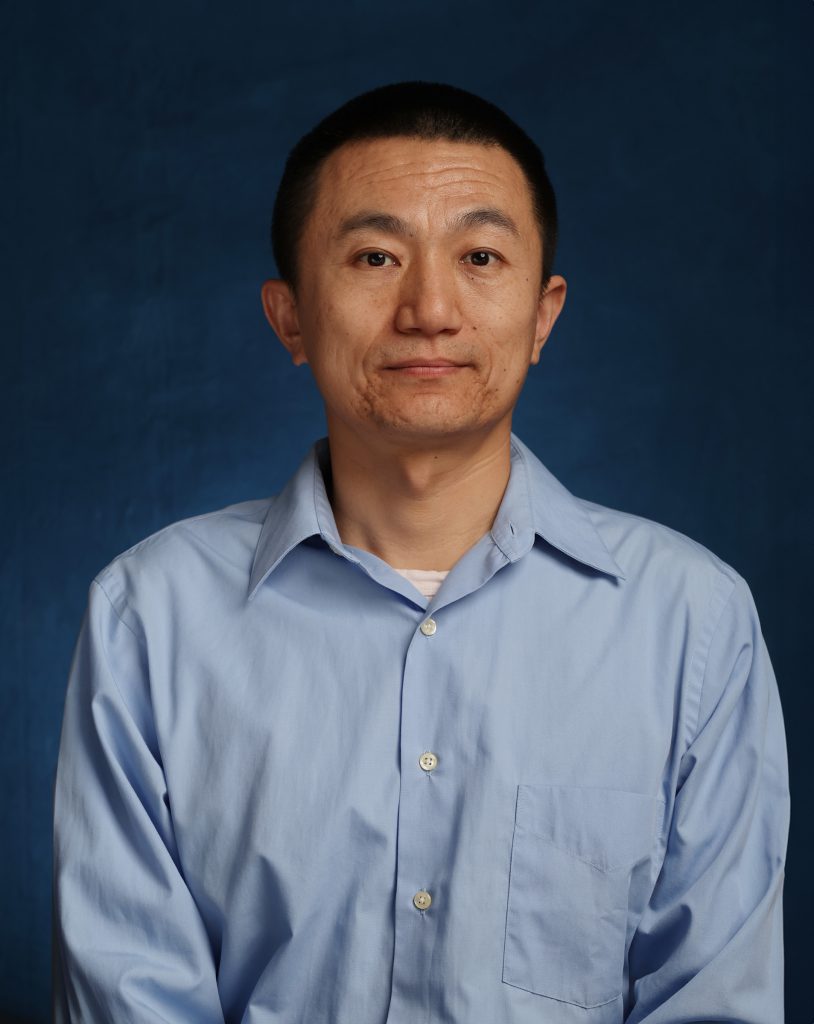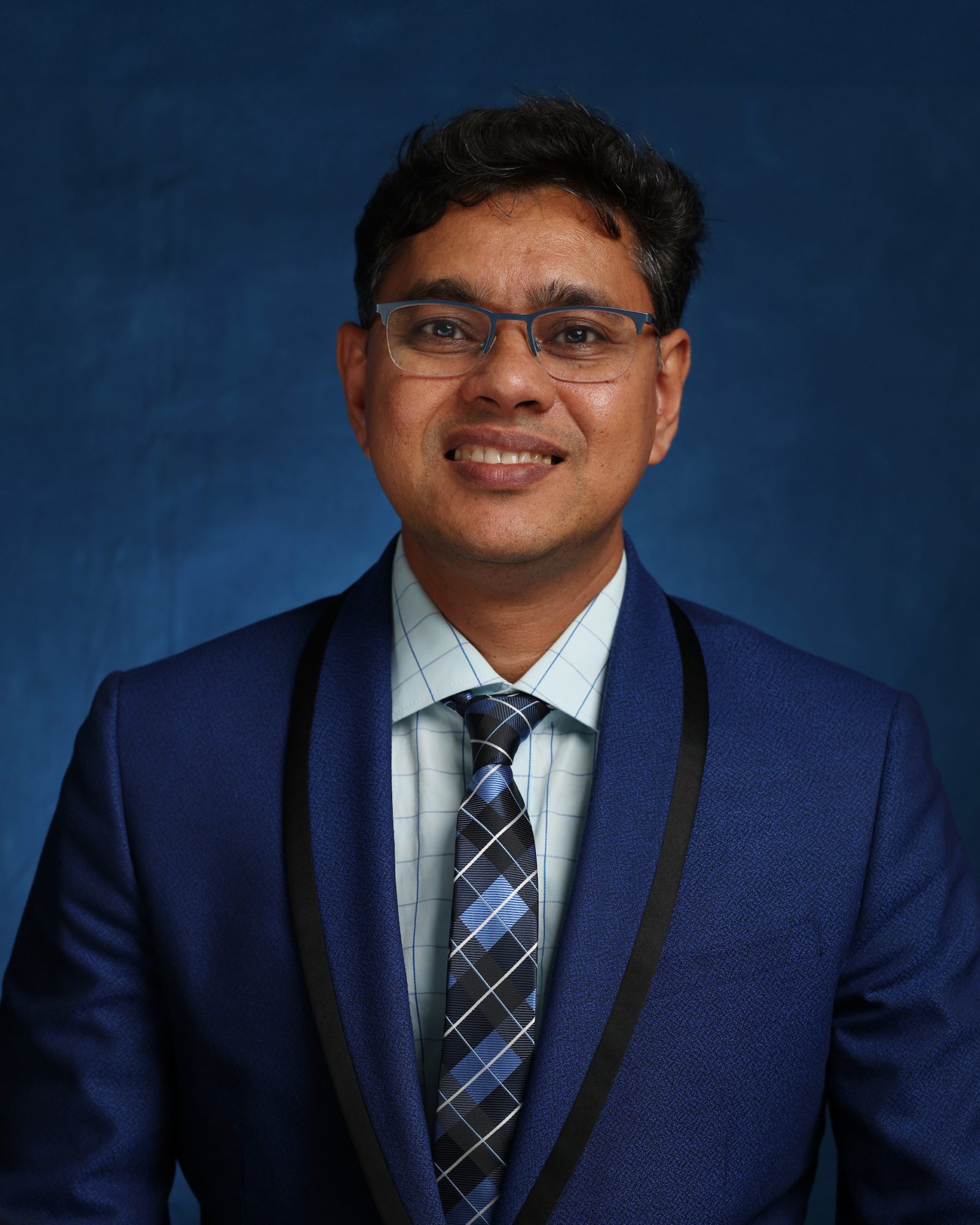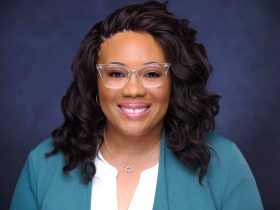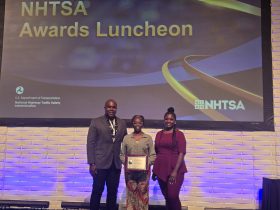Jackson State University Assistant Professor Saiful M. Islam, Ph.D. in the Department of Chemistry, Physics and Atmospheric Sciences has won a $100,000 award from the U.S. Department of Energy to help build research and education capacity in clean energy at HBCUs. JSU is one of only 10 HBCU teams to win the Clean Energy Education Partnership Phase 1 Prize.
The team consists of principal investigator Islam and co-principal investigator Qilin Dai, Ph.D., in the College of Science, Engineering and Technology. Islam will lead efforts focused on clean energy programming with collaborators at Austin Elements (a battery storage company), Mississippi Valley State University, Oak Ridge National Laboratories, University of Kentucky, and the University of Tennessee-Knoxville.
Islam added, “Jackson State University possesses the necessary infrastructure to conduct research in clean energy, particularly in the area of battery technology. This award allows us to sustain our mission and secure future research funding for educational initiatives in clean energy.” He said that beyond the Phase 1 Prize, there are potential future funding amounts of $400,000 and $750,000 in Phase 2 and Phase 3, respectively.

At JSU, Islam seeks to establish a clean energy hub, attracting undergraduate and graduate students to learn about solar energy, battery technology, and gain hands-on learning experiences, and more. He emphasized that JSU is a leader in clean energy research and education within the HBCU community. “Our success inspires other institutions and students to pursue similar initiatives, ultimately contributing to the broader goal of advancing clean energy technologies.”
Regarding the broader context of clean energy development, Islam acknowledges the significance of ongoing efforts to transition away from fossil fuels toward renewable energy sources. Despite political and economic challenges, he said he remains optimistic about the potential for greater innovation and global cooperation in addressing many environmental issues such as climate change.
Islam’s team learned about the inaugural clean energy education prize partnership track through a series of communications and collaborations. He credits support from JSU colleagues Ramzi M. Kafoury, Ph.D., ConSandra McNeil, Ph.D., and Ms. Kenya Hudson for guiding him through the application process.







